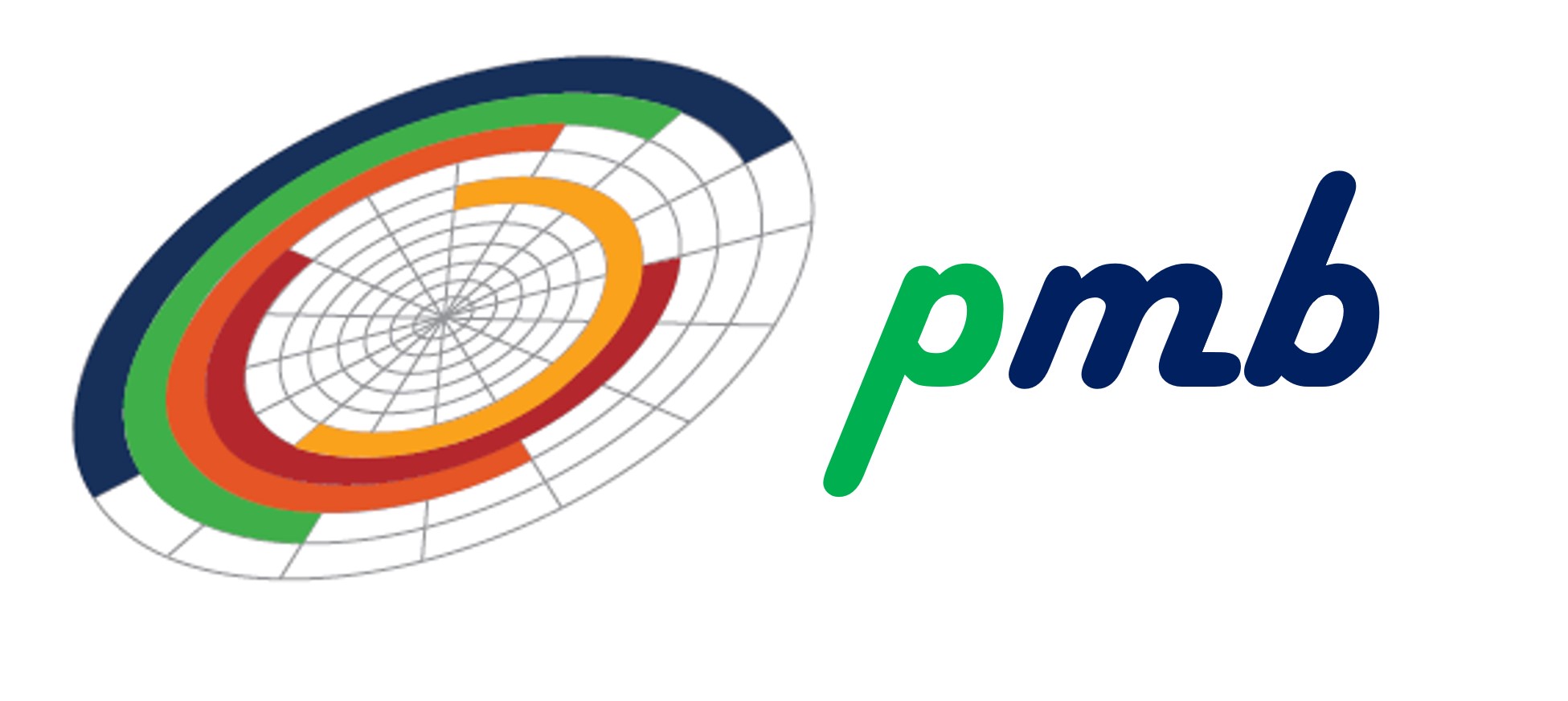 How my journey as an INFP played out
How my journey as an INFP played out
in the worlds of business and high-tech.
“You have a defective character,” says my colleague to me, walking down the hall after a group meeting with a consultant. Apparently, I tested as an INFP. I felt dumbfounded, shocked. I had no response. And what is an INFP character defect, anyway?
The consultant gave us assessments, declaring who fit well at the company and who didn’t. This was the day after I received achievement awards for excellent work. Confusing? Hell yes. 1987 Intel, engineering, chip design group.
I worked as a design engineer at Intel on the i960 project in the 80s and early 90s. My unit was the instruction decoder on this project. I worked hard. And, I made friends along the way. I had success, published papers, won awards, traveled giving talks, even with my defect.
The project was meant to be the biggest baddest embedded processor to date. I loved the idea of it when I graduated in engineering.
An INFP in engineering
How in the world did my journey as an INFP take me into engineering school and then high-tech?
Well, I’ll begin the story when I was a sub-contractor, in the business of remodeling kitchens and bathrooms. I made good money, worked hard.
During this time my mentor, Bill Smith, taught me how to do quality work. Not the usual approach for that time. The usual approach was a “burn ’em and churn ’em” approach since so many people clamored for remodelers. I learned the craft instead. I enjoyed the creative side, the beauty of a job well done.
One day it struck me, talking to Bill who was well into his 50s at that time, still on his knees doing the labor, that I did not want that. I told my girlfriend my thoughts. She pointed out there was a shortage of engineers from an article she read. “Why don’t you go back to school and become an engineer?” I like math, science, learning. So, my response, “Why not? Yah sure.”
“It’ll be an adventure,” I told myself. So, I closed my business and enrolled in engineering school. I had no idea what I just kicked off.
That’s it. It was that simple. “Yah, sure,” was my mantra.
After graduating, I went to work for Intel. After 8 years, I left for another company. A friend recruited me to the new company.
At the new company, my task was managing the development of software to automate the engineering work on chips (ironic isn’t it)
Oh, and along the way I picked up an MBA in finance and marketing. And I worked hard to become what the business and high tech world wanted. Extroverted, thinking, decisive type. Unfortunately, it wasn’t me.
High tech start ups and business
After a few years at the new company, management had the bright idea to assess the personalities of everyone in the group.
I tested as the least desirable type for the group, INFP. I was told to fix it. Asked how I could be that that type. Shunned at times. Yet, I still had some successes, some friends at work, published papers, gave talks. It felt, at times, like I was hunted, pushed aside, or at the very least, distinctly out of place.
I left the company, taking a position at a small startup, then another one. This was the dot com era. Eventually taking a position at a company I thought would be my place for the rest of career.
God, the world, had different ideas.
At this newest company, I helped build a world-wide network of partners, set up training structures, set up new financial structures, put in place certification program, published papers. I worked hard and found myself running the place, reporting to the board. That ended abruptly in a disagreement with the board about direction and out I went after 10 years.
Even though I had successes, believe me, it was a bumpy road with some crashes along the way.
And my journey as an INFP slips into the world of consulting & coaching
By this time, I couldn’t find a job being over 50. So I started consulting, then found business coaching. It worked well, then it didn’t, then it did, then not. Wow.
I learned coaching in depth, got certified in DISC, took hundreds of hours of certification training, coached dozens of groups, individuals. These were high dollar contracts that came and went. Not exactly an INFP environment.
Certain situations caught me off guard, like certain profile types, and definitely the tears and in depth personal situations were not part of my training. Although, I felt a tug in those directions.
My business coaching didn’t prepare me for those situations. I was prepared on the business side and in a lesser way the personal coaching side. I was an “executive business coach” after all. It seemed like natural fit and turns out an important step in my journey as an INFP.
Wake up calls for an INFP
During a meeting with a client, who ran a larger company, he looked me the eyes and said, “I see you. You are conflicted.” He told me he was a seer. Whatever that is, I really didn’t know.
I worked with him and his team to develop leadership skills and help build team cohesiveness. All good behavior science coaching stuff.
A few weeks later, at a weekend group meeting at a resort, I presented to his team. It was a key meeting for his company. His IT manager came up at the end of my presentation and announced to the owner, to me, and to the whole team, that he was also a PhD in psychology and behavior science, taught as a professor at a local university, and was already on his payroll. Wow. That ended my contract.
Two years later I was at a coaching conference. Some coaches and myself went out to dinner. A coach turns and looks at me and says, “why are you here? You don’t seem like you fit.” It was focused medical coaching, really it was more consulting. Ouch.
Soon after, I took another MBT profile and to my dismay tested out INFP-T again. This time with all scores well over 80 some even in the high 90s. Wow. So I asked myself, “What if I really am an INFP-T? What then? and what the hell is the T?”
About time! Huh?
Acceptance of my journey as an INFP
So I dove into it, learned more about the profile. Learned about my “defective character.” Came to accept that I am INFP-T with a boat load of business, professional, technical, managerial experience and skills. That, it is not only, NOT a defective character trait, but a deeply valuable insightful gift. A strength, a talent.
Now, I am primarily doing life coaching. Getting personal and loving it. And, I have the business acumen to help people in business processes or their tech or business careers as needed. Almost immediately, clients came my way, and we get personal. It is life coaching after all.
So why even bother with the technology and business side? In my case, I love developing the problem solving side along with the F side of my personality. My Feeling side was always there. As was all aspects of being an INFP. Go figure! I see my Thinking side come out as intense curiosity. Not analytic, not detailed, not optimizing, not thinking per se. I am not like most analytics. It tuns out, intense curiosity can seem like it though.
In my journey as an INFP, I have developed and am further developing skills, have the experience, and have the profile — INFP-T — to delve into people’s hearts, what they truly care about. I can now “see” into situations much better to help myself, my family, friends, and clients accept the truth of their situations to help them (and me) take the appropriate next steps so they can grow. No more ignoring it.
To say, “It’s a journey” is an understatement. The statement doesn’t come anywhere close to capturing what this is about, what life brings us.
Waste or Imperative Path in the INFP Journey
Was it a waste to go into engineering, business?
Maybe.
However, I now believe, the path through engineering and business played an imperative role in my journey as an INFP. A path I needed in order to get to where I am. It might’ve been easier had I accepted my gifts earlier, but so what? It’s still my journey. And now I have certainties where I didn’t before. And might not have gotten otherwise.
“Always learn, acknowledge, accept, and build; always explore for deeper truths and opportunities,” is my new mantra. Along with some deeply held values of the inherent value of every human being. Everyone is on their own personal journey with their limiting beliefs and helpful beliefs, values, skills, and experiences.
New paths. Always new paths.



